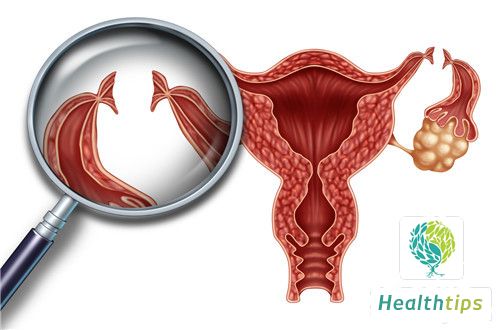What Are the Symptoms of Liver Stagnation, and What Are the Causes?
If the liver is not in good condition, the body is prone to accumulate toxins, leading to skin dullness, pigmentation, and other issues. In severe cases, a poor liver can also lead to irritability. Liver depression is actually a condition in traditional Chinese medicine. There are many reasons for liver depression, mainly due to emotional depression, qi stagnation, and other causes. Daily control of emotions, maintaining a pleasant mood, and ensuring a balanced and healthy diet can help alleviate this condition.

1. Mood depression or irritability: This is the most common symptom, manifesting as low mood, constant sighing, or irritability, which can affect daily life and work.
2. Dull pain in the areas where the liver meridian runs: The liver meridian passes through the lower abdomen, chest and ribs, throat, and top of the head. Liver qi stagnation can lead to pain in these areas, such as abdominal pain, breast tenderness, rib pain, and headache.
3. Changes in the neck and throat: The liver meridian passes through the throat. When liver qi is stagnant here, people may feel a foreign body sensation in the throat, unable to swallow or cough it out. This is known as "plum-pit qi" in traditional Chinese medicine.
4. Breast and menstrual disorders in women: Traditional Chinese medicine believes that "the liver is the innate organ of women," making them more prone to liver qi stagnation. In addition to the above symptoms, women may also experience breast tenderness, lumps, menstrual pain, or menstrual disorders.
5. Digestive system disorders: Traditional Chinese medicine believes that the liver and spleen are closely related in both physiology and pathology. Prolonged liver qi stagnation can affect the spleen and stomach, leading to abnormal digestion, decreased appetite, belching, bloating, irregular stool, and even diarrhea.
1. Dietary Regulation: Eat more foods that have a liver-soothing and qi-regulating effect, such as celery, chrysanthemum, tomatoes, radishes, oranges, pomelo, citrus, citron, and Buddha's hand. Avoid cold, raw, and spicy foods.
2. Herbal Medicine: The most commonly used herbal medicines for liver depression and qi stagnation are Xiaoyao Pills or Xiaoyao Granules. However, for the elderly, weak individuals, and children, the dosage should be adjusted according to their physical condition.
3. Exercise: Exercise is essential for maintaining good health. Regular exercise can improve metabolism, accelerate energy circulation in the body, and help eliminate waste products.
4. Ensuring Adequate Sleep: Adults need an average of 7-8 hours of high-quality sleep per night to maintain good health. However, many people with a blood stasis constitution often suffer from insufficient sleep and immune system imbalances due to work pressure.
5. Drinking Plenty of Water: Failure to replenish water in time can reduce the water content in the blood, leading to increased blood viscosity and slower blood flow.



















